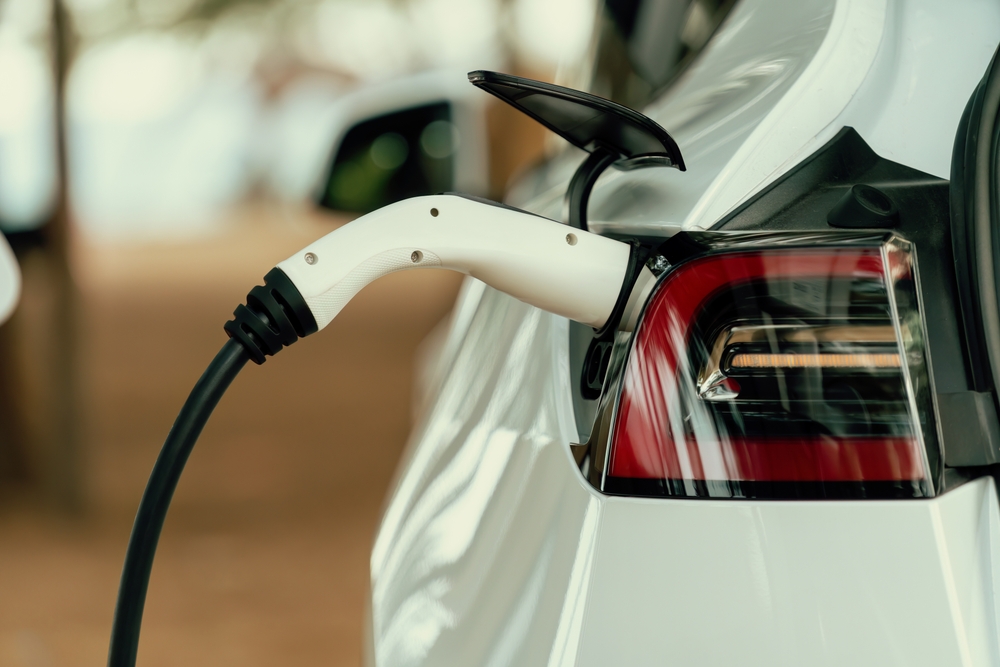A researcher has found that charging certain electric cars past 25% can damage their batteries. Here’s what you need to know to protect your EV.
Others are reading now
Electric cars using lithium iron phosphate (LFP) batteries should not be charged above 25% for extended periods, according to new research.
This advice comes from Eniko S. Zsoldos, who published findings in The Journal of The Electrochemical Society, noting a link between higher charge levels and faster capacity loss in LFP batteries.
The research suggests that leaving these batteries at higher charge levels for too long can cause damage.
Ideally, the charge level should be kept between 0 and 25%, but this drastically reduces the car’s practical usability, as it significantly limits driving range.
Also read
Despite this, Zsoldos advises that car owners should generally keep LFP batteries below 80% charge for everyday use, although occasional 100% charges are fine for long journeys.
For cars that will be parked for an extended time, the battery should be kept below 25% to prevent damage.
The idea of driving an electric car with a severely limited range may not appeal to many, but there’s hope on the horizon. A Chinese brand has promised to launch electric cars with solid-state batteries, which offer longer-lasting charges, by 2025.
While Nissan is aiming for 2028, other automakers like BMW are turning to hydrogen-powered vehicles, with Toyota helping to bring these to market by 2028 as well.


